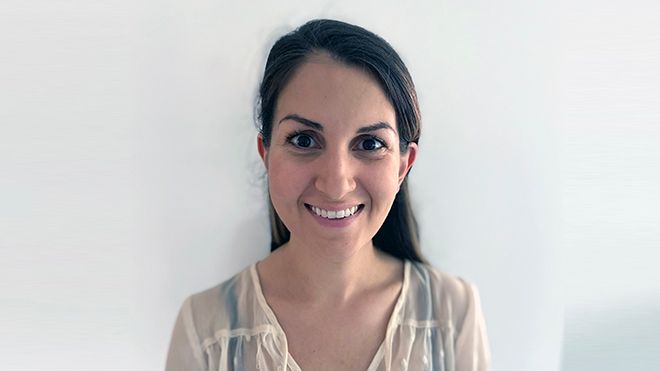What attracted you to the master’s degree in Assessment, Measurement and Evaluation?
I had a corporate job working for an education technology firm in New York. I knew that I wanted to continue my education, but wasn’t sure what direction to take. However, I knew I was geared towards analytics. This programme appealed both to my pedagogical experience and to my interest in analytics and modelling.
What did you write about in your thesis?
My thesis was a model selection simulation experiment. One of the most common controversies surrounding standardized testing or performance in general is the concept of differential item functioning, which is the idea that tests operate differently for different types of students or groups of students. Using a model selection criterion called the BIC, the aim of my thesis was to try to identify the true model using this algorithm. Click here to read Nasseem Hessami's thesis: Model Selection using a Stepwise Bayesian Information Approach in Multiple Group Models with Binary Data
Where do you work now, and what is your job title?
I am a data analyst at Storebrand. I work in the analytics department with a team of data scientists and data engineers.
How did you find this job?
I saw the announcement in early January, the same semester as I was due to graduate, and applied for it. There was a video interview, then a case study, and finally a final round interview.
What are your current tasks?
I have a variety of tasks. I would say it’s a hybrid between explaining data and key insights to business stakeholders and also serving as an apprentice, or a second hand to the team of data scientists. They create and deploy very intricate models, and it’s my responsibility to help analyze the output and make sure that things look right and act as a second eye. I also explain the output of those models to other departments within the company.
How do you make use of your master’s degree in your current position?
Although the master’s degree had a very strong focus on testing and instruments, essentially tests are models. We learned about how to validly identify what a reliable test is and therefore what a reliable model is. Learning how to interpret the output of models and tests and understanding how the metrics are defined is useful to me now in my daily work. Having learned R also made it easier for me to learn Python, the programming language we use at our department.
If you were to give some advice to new students in this program, for example as regards finding a job, what would you say?
Understand what you want out of the program, try to decide what sector or industry you would like to work in, because this programme is so flexible. Take advantage of the opportunities, become a research assistant, apply for the internships, use the opportunities that are afforded to you. The programme supplies you with a lot of chances to meet others that work in relevant fields, so you will have the chance to network.
Is there anything you would like to add?
I’d like to say that this is a very unique programme. I don’t think I would otherwise have had the opportunity to start coding or learn technical skills if it wasn’t for this programme and how flexible and versatile it was. I really credit the programme for giving me the opportunity to learn these things.
